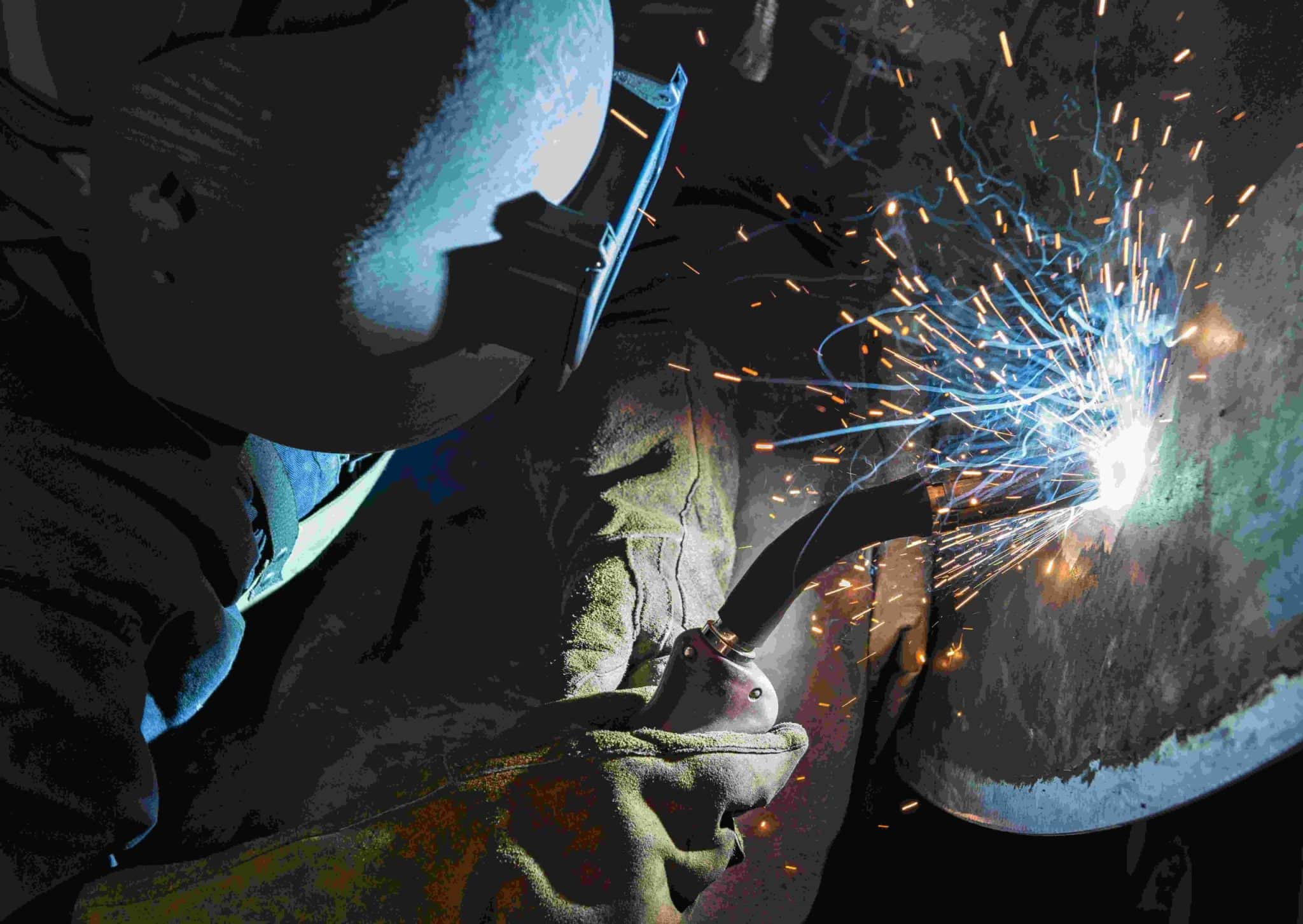As with any machine in continuous operation, if we keep adequate maintenance, we will be able to maximize its useful life and, at the same time, we will decrease the possibilities of incidents.
This preventive control, carried out correctly and professionally, is an investment in the short and the long term, and its impact is positive since the beginning.
A series of preventive tips for industrial boilers are noted later.
What is preventive maintenance?
Preventive maintenance is supervision that allows to detect of possible failures before they happen and lead to higher costs by limiting normal performance.
If the operator does not act as indicated, the efficiency will not be as optimal as possible and the consumption of the boiler will also be affected, increasing more and more.
A correct control process implies an exhaustive follow-up of all the incidents that have been taking place. These «Lesson Learnt» must be recorded in a load notebook so that they won’t repeated in the future.
The types of maintenance will be categorized by the frequency which they must be carried out: daily, weekly, monthly, and yearly.
Preventive Maintenance Tips for Industrial Boilers
Preventive maintenance of industrial boilers must be done in a thorough, detailed, and professional manner so that performance is optimal, avoiding incidents and unexpected production shutdown.
1.Control points
A good way to evaluate the correct operation of these machines is to create a control sheet which should include a series of indicators, also known as KPIs (Key Performance Indicator). These indicators will help us to evaluate the state in which the machine is located and to be able to compare them.
Depending on the magnitude of each of them, a control frequency or another will be assigned to it, as well as a person in charge. For example, it is recommended that the water level be checked daily, while the refractory material can be checked annually.
2.Regular cleaning
Apart from regular and constant control, cleaning will ensure that they are at their optimum operating point, such as removing traces of soot particles, lime, and other remains of internal work.
3.Limit wear
The existence of dissolved solids has a significant impact on the working of the boiler. A salt drain valve will be the most appropriate to avoid wear of the machine.
4.Quality water
This is one of the most relevant factors to avoid incidents inside the boiler. It will be determined by its levels of conductivity, hardness, concentration of hydrogen ions and the presence of other dissolved minerals. We should check the EN 12953-10:2003 rule to know the requirements to consider, if we are in Spain and, otherwise, the one that corresponds to the country of destination of the equipment.
5.Thermal insulation
Thermal insulation is the best way to keep a continuous temperature. Avoiding heat losses due to failures or damage to the insulation will allow efficiency to be kept over time.
How do you know when a steam boiler needs to be replaced?
The useful life of an industrial boiler will be determined, firstly, by the quality of the materials used by the manufacturer. Secondly, it will depend on the manufacturer’s experience. It is necessary to have a team of qualified engineers and hire professional welders to carry out this type of work. Last but not least, correct maintenance will make the boiler last as long as possible under the best working conditions.
Generally, the lifetime of this type of equipment is between 20 and 25 years. Depending on the manufacturer and the correct supervision of the boiler, it may change.
For this reason, it is necessary that this manufacturing and analysis process be carried out by experts, such as Cerney, leader company in thermal energy.
